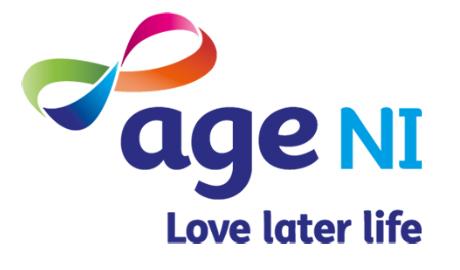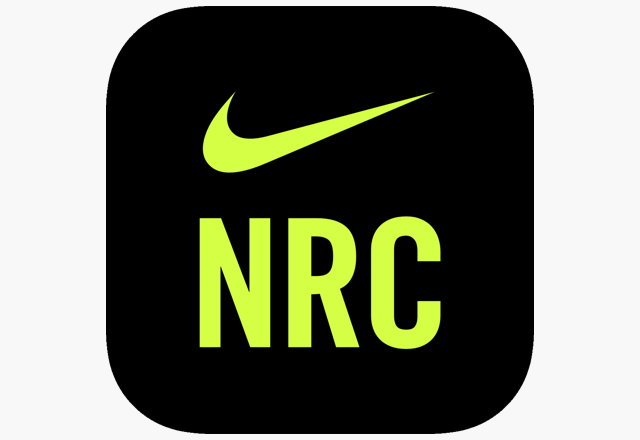Work & Learning
We can help you with problems over discrimination and your rights, information to help you find a new job or retrain and tips on improving your tech knowledge.
Computer training courses
Acquiring basic digital skills can vastly improve people’s quality of life. It can help keep in contact with family and friends, and it can save you money.
Go ON NI
Go ON NI events are free and take place in libraries, community centres and various venues across Northern Ireland. There are informal technology awareness sessions to help you go online for the first time. The technology training courses can improve your digital skills and show you more about using smartphone and tablet devices.
The Digital Age Project
The Digital Age Project is an initiative that focuses on the promotion of digital and social inclusion for older people, using an intergenerational approach involving young people.
Come along to the informal workshops and find out more about how your organisation / group can use technology to link generations in your local area using the free downloadable resource - The Digital Age Project Toolkit.
Spring Online Week & Silver Surfers Day
Spring Online Week is an award-winning campaign that helps thousands of people, often older people, try out using computers, tablets and the internet, many for the first time.
During April each year, hundreds of free taster events are held by volunteers and organisations across the UK to help and inspire local people achieve a lasting use of the internet. In Northern Ireland, the events are supported by Business in the Community volunteers and take place in libraries, Belfast community centres and various venues across Northern Ireland.
Redundancy
Redundancy usually happens when there is no longer a need for someone to do your work – for example, if the business is closing down or changes are made to the way the work is done. Dealing with redundancy can be stressful, especially if you’ve had the same job for a while or had wanted to stay at the company.
How does a redundancy work?
Your employer should select employees for redundancy in a fair way. They may consult with you, or a representative such as a trade union, before making a final decision. Ask about the selection criteria if you’re not clear about why you’re being made redundant.
Your employer must follow a fair process if they make you redundant. They must follow the business’s redundancy policy and the conditions stated in your employment contract.
Your employer has a duty to consider whether there are any alternative suitable jobs for you within the business. You may be offered another suitable job if one is available.
When is redundancy considered unfair dismissal?
The laws related to redundancy are complex, so it’s important to get legal advice if you think you have been selected or treated unfairly. Citizens Advice can also give information and advice. If you were chosen for redundancy because of any of the following reasons it could be considered an unfair dismissal:
- age
- gender
- marital status
- sexual orientation
- race
- disability
- religion or belief
- membership or non-membership of a trade union
- working pattern, e.g. part-time or fixed-term.
If you’re a member of a union, you should receive support and advice from them to make sure that the redundancies are carried out fairly and that all alternatives are considered. Visit the TUC website, WorkSmart, for general information on your employment rights.
How much redundancy pay am I owed?
You will be paid throughout your notice period and your final pay should include other payments such as any outstanding holiday pay. In addition, you’re entitled to redundancy pay if you’ve worked continuously for your employer for two years or longer.
You won’t be entitled to redundancy pay if your employer offers to keep you on or if they offer you a suitable alternative position which you then refuse. By law, your redundancy pay will be based on your age, weekly pay and the number of years of employment:
- 1.5 weeks’ pay (currently capped at £475 per week) for each year of employment in which you were aged 41 or over
- 1 week’s pay for each year you were under 41 but over 22
- half a week’s pay for each year you were under 22.
The payments can cover up to a maximum of 20 years’ service. You may get extra redundancy pay from your employer if it’s written in your employment contract.
Is redundancy pay taxable?
Redundancy pay is treated differently to your normal salary and won’t be taxed if it’s under £30,000. However, any holiday pay, bonuses and other entitlements that are paid as part of your final pay aren’t tax-free and are taxed as usual.
If you’re offered non-cash benefits (e.g. a car) as part of your redundancy package, talk to an accountant or financial adviser as it may be taxable.
What if there’s a problem with my redundancy pay?
If you aren’t paid your redundancy payment, or if you’re paid too little, you should try to resolve the problem with your employer first by putting your complaint in writing to them.
If your pay isn’t resolved, you can make a claim to the Employment Tribunal but you must do this within 6 months of being made redundant.
Where can I get help finding a new job?
Finding another job when you’re older can be stressful. Remember that you have years of knowledge and experience that comes with age. You may find this as an opportunity to do something new and different.
Depending on how long you’ve worked with your employer, you may be entitled to time off to look for another job, attend job interviews, or participate in training to help you find another job.
The Rapid Response Service at your local Jobcentre can give you information and advice about redundancy and looking for work. For more information on employment in older age, click here.


















































